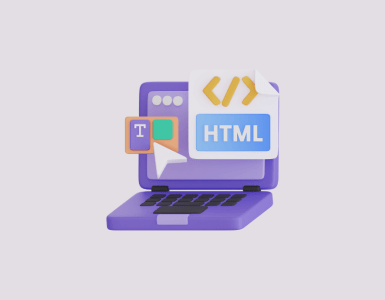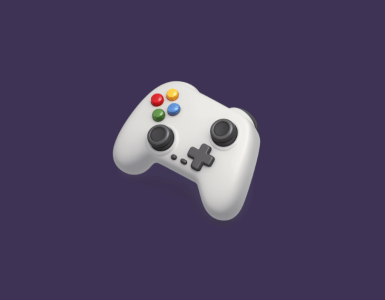When it comes to developing a game using Unity, finding the right developer can make all the difference. With the gaming industry booming and Unity being one of the most popular game engines, the demand for skilled developers is at an all-time high. But how do you sift through the talent pool to find the perfect fit for your project? In this article, we’ll break down the essential criteria to consider when evaluating a game developer for Unity-based projects.
Understanding Unity and Its Ecosystem
Before diving into the evaluation process, it’s crucial to understand what Unity is and why it’s a preferred choice for many developers. Unity is a versatile game engine that supports 2D and 3D game development across multiple platforms. Its user-friendly interface and extensive asset store make it a go-to for indie developers and large studios alike.
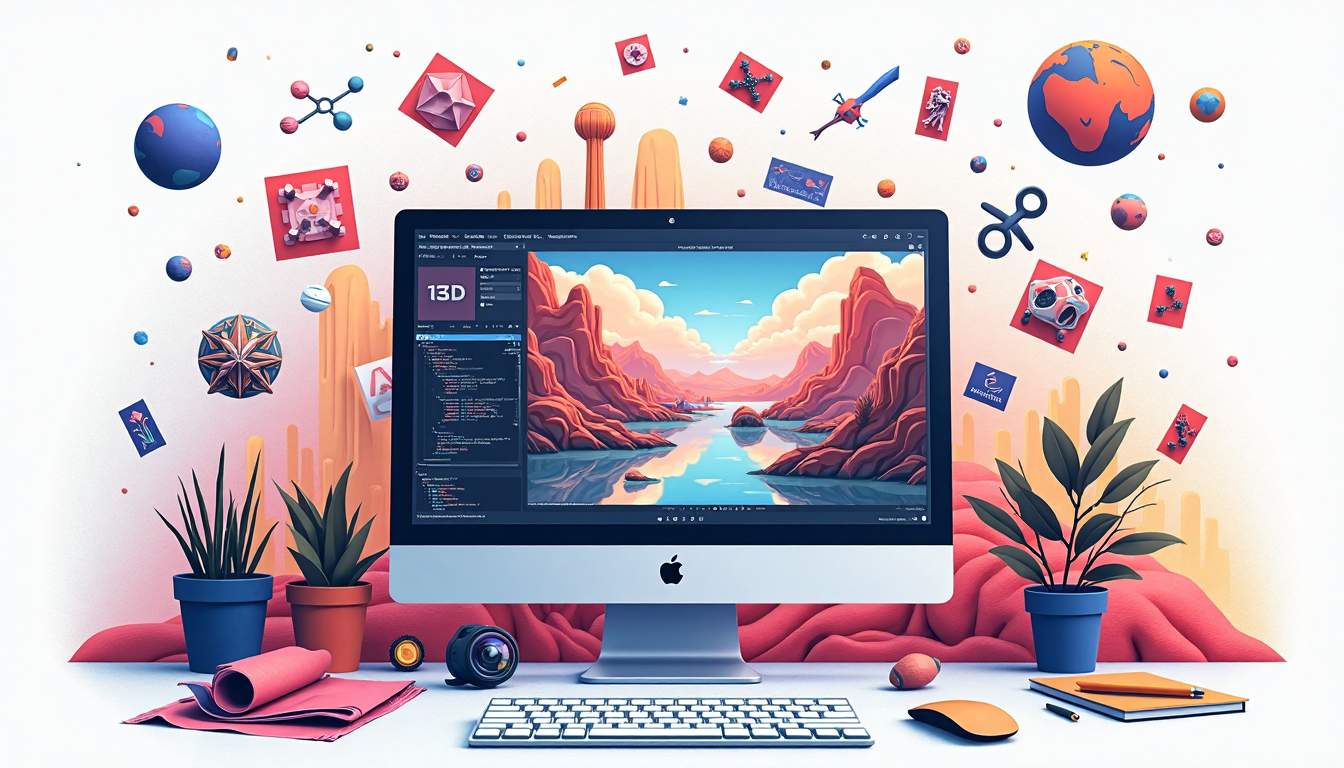
The Importance of Unity Proficiency
When evaluating a developer, their proficiency in Unity is paramount. Look for candidates who have:
- Experience with the Unity interface and tools
- Knowledge of C# programming, as it’s the primary language used in Unity
- Familiarity with Unity’s asset pipeline and performance optimization techniques
Ask for examples of previous projects they’ve worked on using Unity. This will give you insight into their hands-on experience and problem-solving skills.
Portfolio Review: What to Look For
A developer’s portfolio is a window into their capabilities. Here’s what to focus on:
- Diversity of Projects: Look for a range of projects that showcase different genres and styles. This indicates versatility and adaptability.
- Quality of Work: Assess the visual quality, gameplay mechanics, and overall polish of their projects. A well-executed game reflects a developer’s attention to detail.
- Technical Challenges: Identify projects where the developer overcame significant technical challenges. This demonstrates their problem-solving abilities and creativity.
Soft Skills Matter Too
While technical skills are essential, soft skills can be just as important in a collaborative environment. Here are some key soft skills to evaluate:
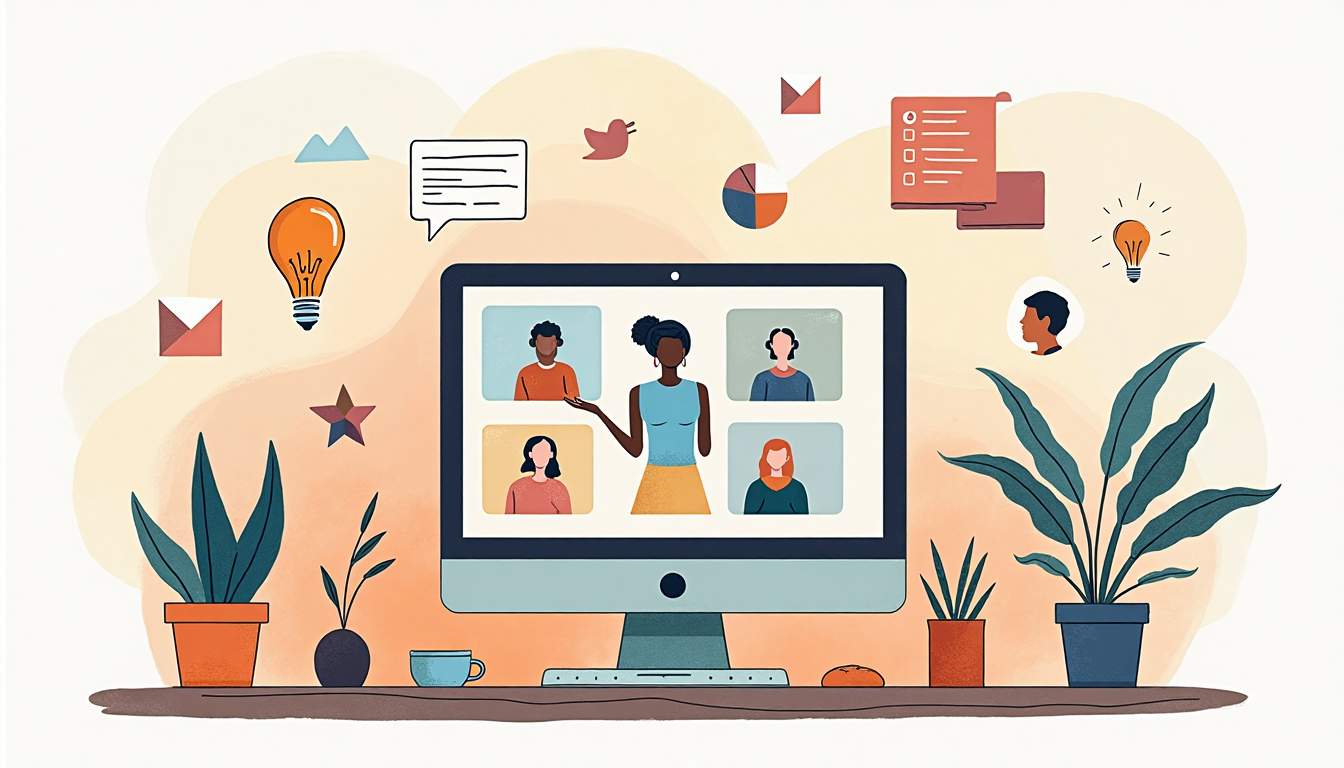
Communication Skills
Effective communication is vital in game development. A developer should be able to articulate their ideas clearly and listen to feedback. During interviews, pay attention to how they explain their past projects and their thought processes.
Team Collaboration
Game development is rarely a solo endeavor. Look for developers who have experience working in teams. Ask about their role in previous projects and how they contributed to the team’s success. A good developer should be able to work harmoniously with designers, artists, and other developers.
Technical Assessment: Testing Their Skills
One of the best ways to evaluate a developer’s skills is through a technical assessment. Here are some effective methods:
Practical Coding Tests
Consider giving candidates a coding test that reflects real-world scenarios they might encounter in your project. This could involve:
- Creating a simple game mechanic
- Debugging a piece of code
- Optimizing an existing game feature
These tests can provide valuable insights into their coding style and problem-solving approach.
Live Coding Interviews
Conducting a live coding interview can also be beneficial. This allows you to see how they think on their feet and how they approach challenges in real-time. It’s a great way to gauge their confidence and expertise.
Understanding Their Development Process
Every developer has a unique approach to game development. Understanding their process can help you determine if they’re a good fit for your project. Here are some questions to consider:
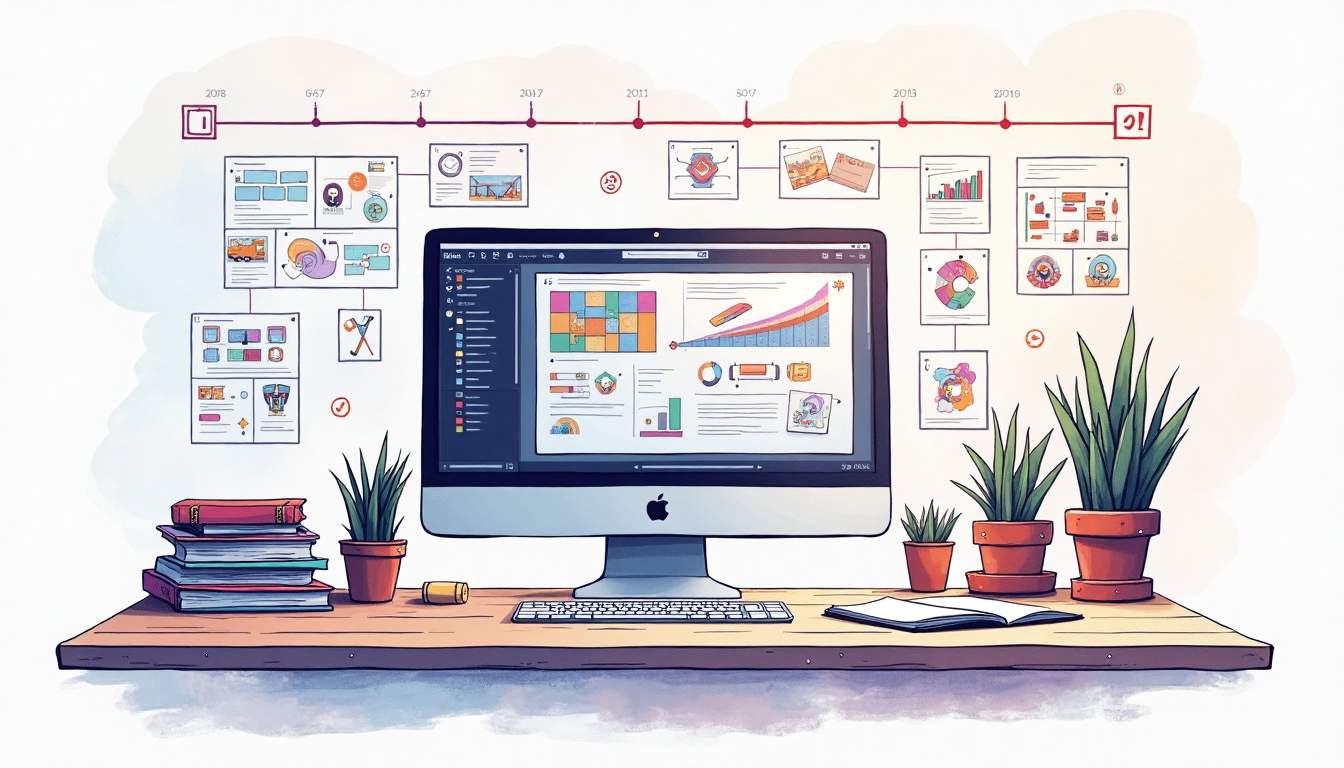
Project Management Methodologies
Inquire about their preferred project management methodologies. Do they use Agile, Scrum, or another framework? A developer who is familiar with structured methodologies can help keep your project on track and within budget.
Version Control Systems
Ask about their experience with version control systems like Git. This is crucial for collaborative projects, as it helps manage changes and track progress. A developer who understands version control will be better equipped to work in a team environment.
Final Thoughts: Making the Right Choice
Choosing the right game developer for your Unity-based project is a critical decision that can impact the success of your game. By focusing on technical skills, soft skills, and their development process, you can make a more informed choice. Remember, it’s not just about finding someone who can code; it’s about finding a partner who shares your vision and can bring it to life.
Ready to find the perfect developer for your next project? Explore how Twine can help you connect with top developers in the gaming industry. Post your brief for free and let’s make your game a reality!


